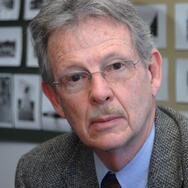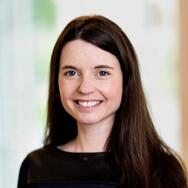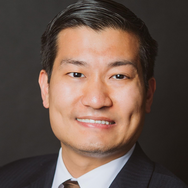First, Russia must fail in its bid to conquer and extinguish Ukraine. The United States and NATO must do everything possible, and much more than we are doing now, to arm and assist Ukraine militarily, and to punish Russia financially and economically.
Second, we must wage a more effective and comprehensive battle of information and ideas to expose Russia’s mendacity and criminality and to document its war crimes, not only before the court of public opinion, but in ways that reach individual Russians directly and creatively. We need an intense campaign of technological innovation to circumvent authoritarian censorship and empower Russian, Chinese, and other sources that are trying to report the truth about what is happening and to promote critical thinking and the values of the open society. In general, we need to promote democratic narratives and values much more imaginatively and resourcefully. The message of the Russian debacle in Ukraine is an old one and should not be difficult to tell: autocracies are corrupt and prone to massive policy failures precisely because they suppress scrutiny, independent information, and policy debate. Democracies may not be the swiftest decision makers, but they are over time the most reliable and resilient performers.
Third, we must ensure that we perform more effectively as democracies, and with greater coordination among democracies, to meet the challenges of developing and harnessing new technologies, creating new jobs, and reducing social and economic inequalities.
Fourth, to win the technological race, for example in semiconductors, artificial intelligence, biomedicine, and many other fields of science, engineering, and production, we must open our doors more widely to the best talent from all over, including China. We URGENTLY need immigration reform to facilitate this. As our late colleague George Shultz said: Admit the best talent from all over the world to our graduate programs in science and engineering, and then staple green cards to their diplomas.
Finally, we have to reform and defend our democracy in the United States so that it can function effectively to address our major domestic and international challenges, and so that American democracy can once again be seen as a model worth emulating. We cannot do this without reforming the current electoral system of "first-past-the-post" voting and low-turnout party primaries, which has become a kind of death spiral of political polarization, distrust, and defection from democratic norms.
I believe we entered a new historical era on Feb 24. What the Ukrainian people have suffered already in these seven weeks has been horrific, and it will get worse. But the courage and tenacity of their struggle should renew our commitment not only to them but also to ourselves—that freedom is worth fighting for, and that democracy, with all its faults, remains the best form of government.

































![Oleksandr Sereda [left] and Artem Romaniukov [right] during their campaigns for, respectively, city council and mayor in Dnipro, Ukraine in the summer of 2020.](https://fsi9-prod.s3.us-west-1.amazonaws.com/s3fs-public/styles/717x490/public/artem_romaniukov_ukraine_mayor.jpg?itok=AHyGRtgy)




![Oleksandr Sereda [left] and Artem Romaniukov [right] during their campaigns for, respectively, city council and mayor in Dnipro, Ukraine in the summer of 2020.](https://fsi9-prod.s3.us-west-1.amazonaws.com/s3fs-public/styles/1300x1300/public/artem_romaniukov_ukraine_mayor.jpg?itok=pgwenUv9)





